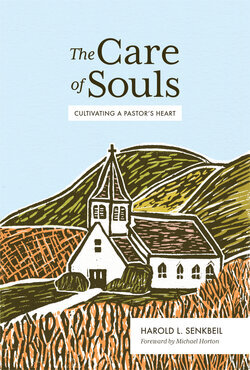
Register for the Confessionalism Seminar and learn more about the church’s commitment to her confession in the 19th century and today.
However, I submit that the possibility of Paul’s trying to limit the women’s disruptive speech at Corinth pushes our understanding off in directions that are speculative at best, and harmful at worst. For example, it should be highly offensive to women nowadays that the apostle apparently pillories them for being “chatty” at church—when Paul is concerned throughout the chapter with order (see especially 14:33a, 40). It plainly is not the case that the apostle singled out women for special censure (14:34a)—when he also enjoins “silence” upon any would-be tongue-speaker (if there is no one to interpret, 14:27-28), or prophet (if a revelation is made to another sitting there, the first should keep silent, 14:30).
When Lutheran seminarians learn about the controversy over the Lord’s Supper, it normally features Luther as protagonist and Zwingli as antagonist in a debate concerning the literal interpretation of the words of institution, all playing out in the public forum of 1529’s Marburg Colloquy. In her most recent book, Amy Nelson Burnett offers an alternative view …
If you asked the proverbial man on the street “What is a Pastor?”, you would undoubtedly get a wide swath of divergent and potentially confusing answers.
Until the last enemy is destroyed (1 Cor 15:26) death will remain a reality for the people of God. Death is, on the one hand, the enemy of the Christian. It is, on the other hand, an enemy that God turns to the good of his people, leading them through death to eternal rest. Blessed indeed are the dead, for they rest from their labors (Rev. 14:3).
In his 1526 German Mass, Luther acted with a stroke of liturgical brilliance in giving us the post-communion collect. It is the genuine “eucharistic prayer” of the Lutheran liturgy.
“The Lord’s Supper is not the private experience of individuals. Rather, it belongs to the Christian community. It unites the many recipients into “one body” (I Corinthians 10:17). It is fellowship, or communion.”









